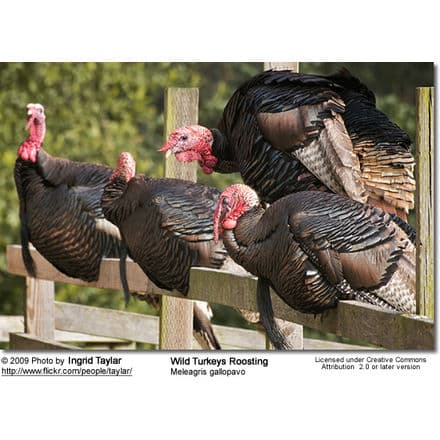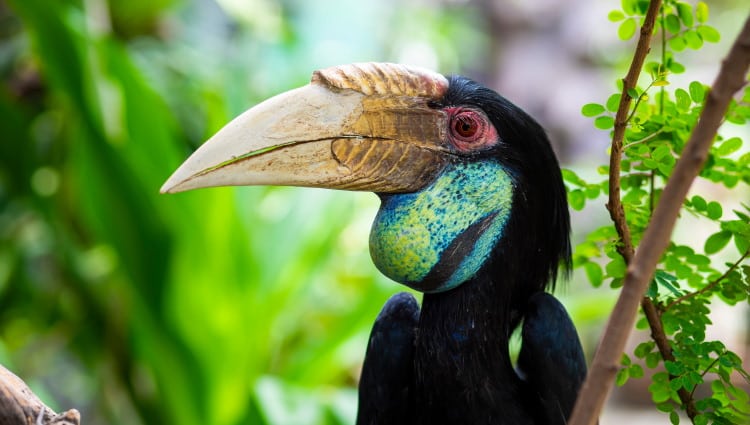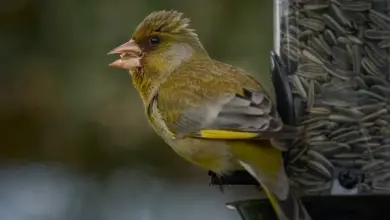Why Do Muscovy Ducks Hiss? Can They Quack at All?
If you have ever been in close quarters with muscovy ducks, you might have noticed their incessant hissing. But why do muscovy ducks hiss? I will explain it in the article below.
Muscovy ducks are one of the quietest of their species.
They rarely raise a ruckus, so it is all the more important to know what their occasional vocalizations mean!
But there’s something unique about the sounds these ducks make, which sets them apart from other ducks. They don’t quack; they hiss!
So without further ado, let me tell you all about these hissing ducks and the sounds they make.
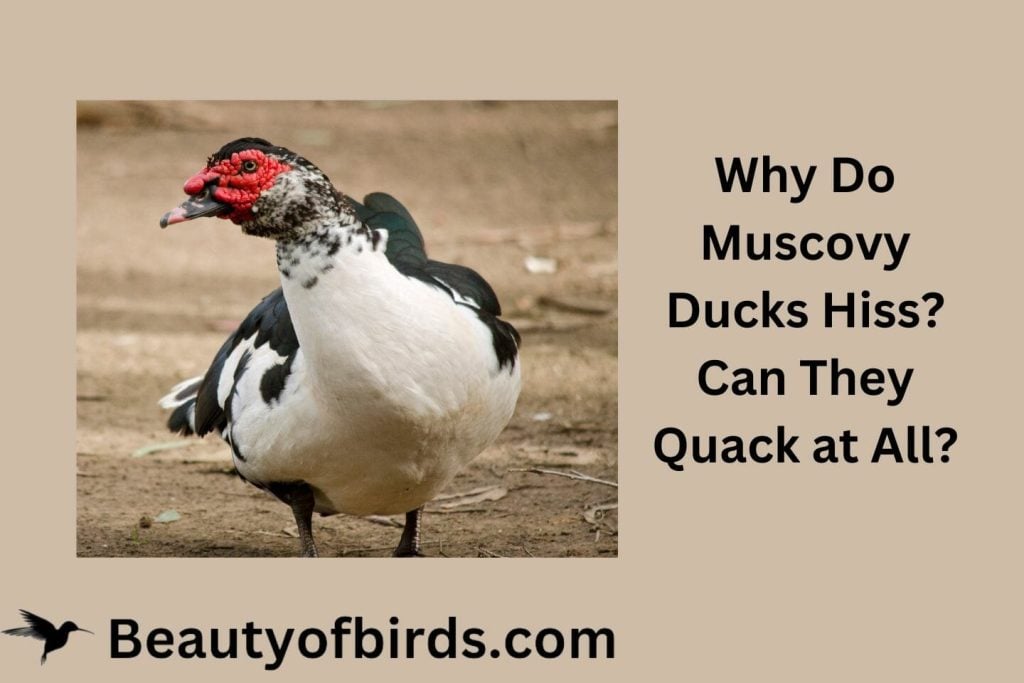
What Are Muscovy Ducks?
Among the largest breeds of ducks in the world, muscovy ducks can easily be recognized by the red splotches (called caruncles) that envelop their eyes and beak.
Domesticated ducks usually have friendly personalities, and aggressiveness can only be seen occasionally.
They belong to the dabbling duck subfamily, and the female ducks are usually much smaller and quieter than the males.
Like humans, males tend to be noisier and hiss more.
What Sounds do Muscovy Ducks Make?
Muscovy ducks mostly communicate by tail wagging or head movements; vocalization isn’t their strong suit.
It’s rare to see them make noises.
However, they can make a variety of tones depending on the situation. Some common duck noises are:
- Hissing and puffing: This is commonly displayed by male ducks during courtship. It can also be a sign of aggression; It’s a sharp, high-pitched sound that sounds like “sssss.”
- Croaking: Females produce light quacks or croaks upon sensing danger.
- Calls: Females can emit a high-pitched shrill call or soft coos and trills, which is usually a way of communicating with other ducks.
Both males and females have similar calls when young. They only develop unique calls once the ducks hit puberty.
If you want to hear what a “hiss” sounds like, watch this video:
Can They Quack?
Ducks are famous for their quacks. We even have nursery rhymes about it – five little ducklings!
But I didn’t say quacks when I talked about them in the paragraph above.
So you might think – what gives?
Well, it’s not like they missed the quacking bus completely. Females can still do it. Males can’t.
However, it is not like the ‘quack’ sound produced by other ducks. It is much lower in pitch and noise.
Female Muscovy ducks mostly emit noise when they sense danger or are under stress.
Hence, if you hear your flock creating a ruckus, it’s best to check up on them.
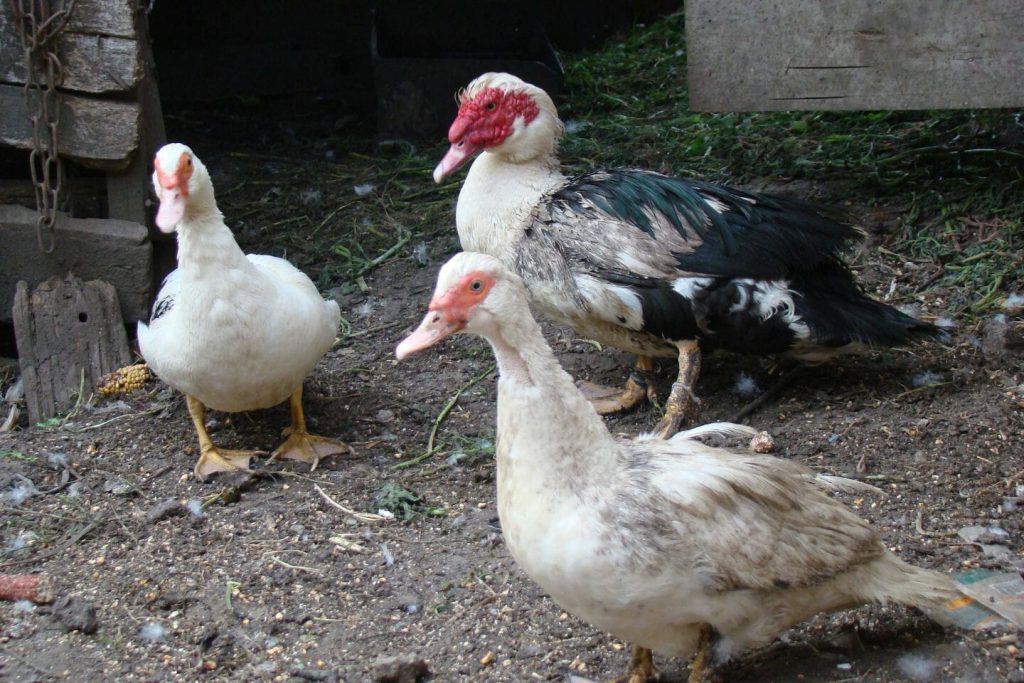
How Loud Are Muscovy Ducks?
Muscovy ducks are not particularly loud compared to some other species of ducks.
They are considered to be one the quietest breeds of ducks.
However, they are not completely silent and can make various notes and hisses depending on the context.
Males are especially vocally active during mating.
Moreover, their wing-flapping noises can also be particularly loud.
Well, the wing flapping is really more for show – they cannot fly well (only about a mile or so).
This also makes them a good domestic species to keep as pets and look after.
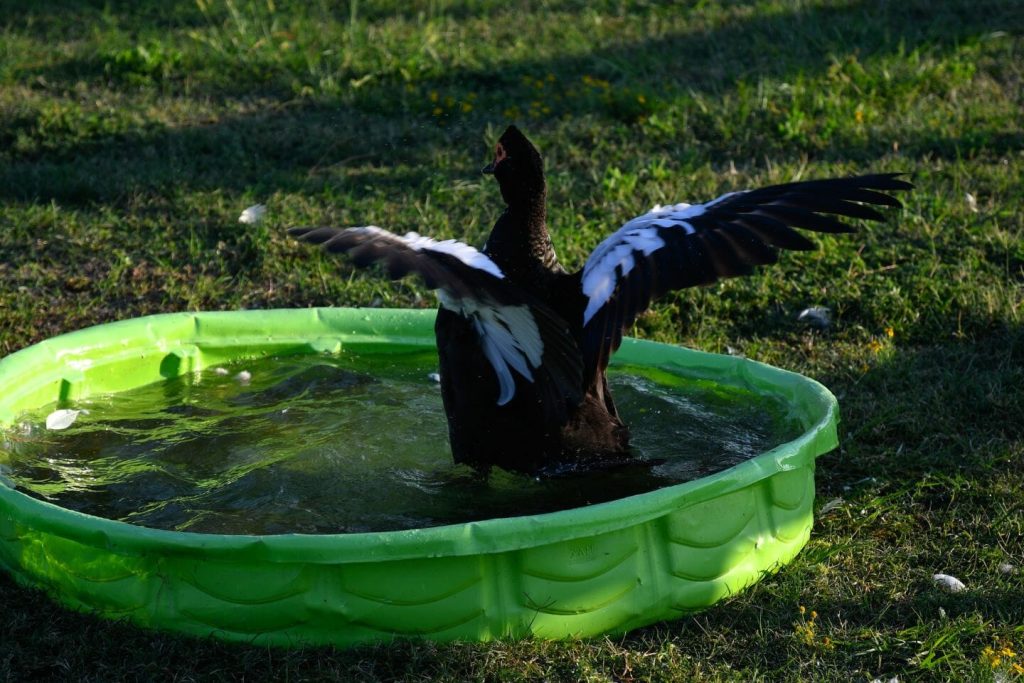
Do Female Muscovy Ducks Hiss?
Female ducks do not hiss. The hissing sound is common to male muscovy ducks.
The hiss indicates that the male is initiating courting or trying to ward off a predator or some threat.
If it is the first instance, hissing will be followed by puffing.
For the latter, you may notice wing flapping and aggressive nipping instead.
Generally, females denote happiness by wagging their tales and anxiety through mild, soft quacks and coos.
When Do Male Muscovies Start Hissing?
Males only start hissing after hitting puberty (around 28 to 30 weeks of age). Before this, they have a high-pitched sound similar to that of females.
After puberty, adult ducks lose the ability to create those high-pitched tones and rely on huffing and puffing noises.
They can also produce guttural or hoarse calls.
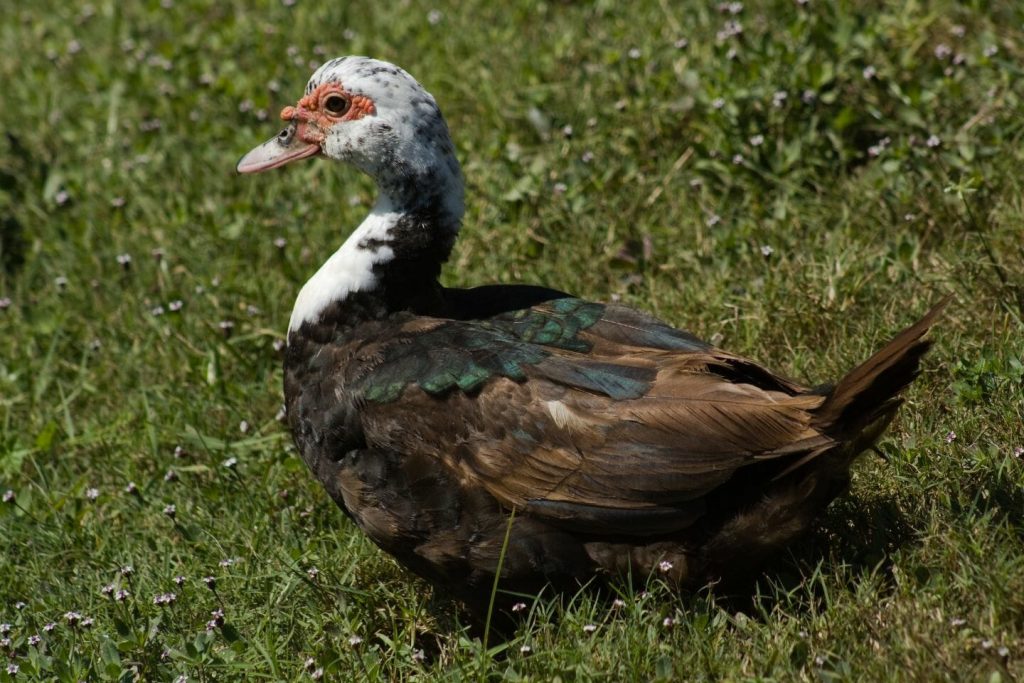
Why Do Muscovy Ducks Hiss?
There are many cases during which a male may hiss. It usually is a way to show aggression. This aggressiveness can be due to the following:
Territorial Disputes
Muscovy duck males are famously territorial and can nip at other ducks and humans.
If they notice other males advancing into their territory, they will hiss, nip, and flap their wings to establish dominance.
Courtship and Mating Rituals
Hissing and puffing are a part of the mating ritual for muscovy ducks.
Even though muscovy ducks are seasonally monogamous, a single male can engage in courtship with many females before a match is made.
Protecting their Young
Female muscovy ducks are great mothers and very attentive toward their young.
It is possible to see a male muscovy duck show territoriality or protectiveness over its mate, duck eggs, or a baby duck.
Hissing is a common behavior to ward off predators or even humans who advance too close.
If you are brooding ducks for eggs, you might notice them get aggressive when you go to collect their eggs.
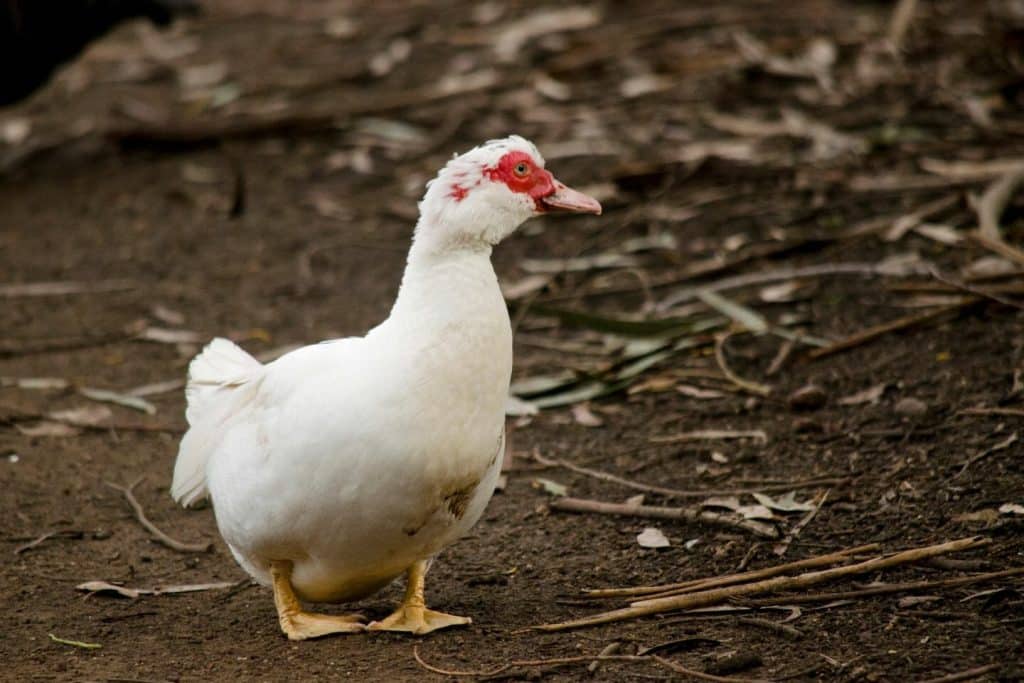
Feeling Threatened or Afraid
If a male himself feels threatened, he might resort to hissing as a way to express anxiety and fright.
You should check on your flock as this may indicate a predator is nearby.
Hissing is, in fact, a unique thing to the muscovy, and they’re often known for this sound.
Frequently Asked Questions
What does it mean if a duck hisses at you?
Hissing is one of the ways these ducks communicate their feelings, and when they feel scared or nervous, they may attempt to startle an intruder by hissing.
It could also signify an injury or illness if a duck is unusually aggressive and territorial around humans in general.
In this case, it’s best to steer clear of the animal and contact an avian vet for assistance as soon as possible.
Do ducks hiss at people?
They are generally quite friendly and may follow people around, but they will not typically make aggressive noises such as hissing.
If a Muscovy duck does happen to hiss, it could be because the bird is frightened or protecting its nest, so one should approach it with caution.
How can you tell if a Muscovy duck is happy?
If a Muscovy duck is happy, it will often stretch its wings, wag its tail feathers, and preen itself.
It may also swim around energetically or sit near other ducks.
Furthermore, a happy Muscovy duck will often have a bright eye and feathers that look glossy and healthy.
Finally, if you’re able to stroke the back of a Muscovy duck, then it’s likely that they’ll be comfortable enough with you to indicate they are content.
How do you tell if a duck is stressed?
Other signs include rapid breathing, shaking, and looking alert with eyes wide open.
You may also notice the muscovy duck sleeping more often than usual or staying around human presence longer than normal.
The feathers of a stressed muscovy duck may be raised or fluffed up, which is another sign of distress.
Lastly, increased aggression among flock members has been known to create an environment of stress.
Wrap Up
Muscovies are common ducks seen on farms due to the amount of meat each duck can produce.
While they’re generally peace-loving, you might get the odd aggressive duck (especially the males) during mating season.
They are famous for producing hissing sounds, which they use to display territorial aggression, as a courtship initiator, or when they feel threatened.
Females don’t make a lot of noise at all. Instead, they prefer to wag their tales or quack softly.
But it’s really the hissing sound that these ducks are famous for.
Thank you for reading.

